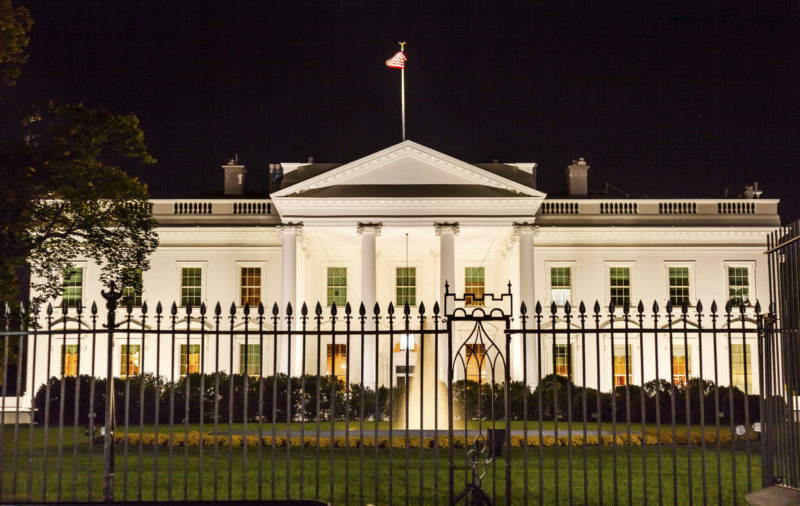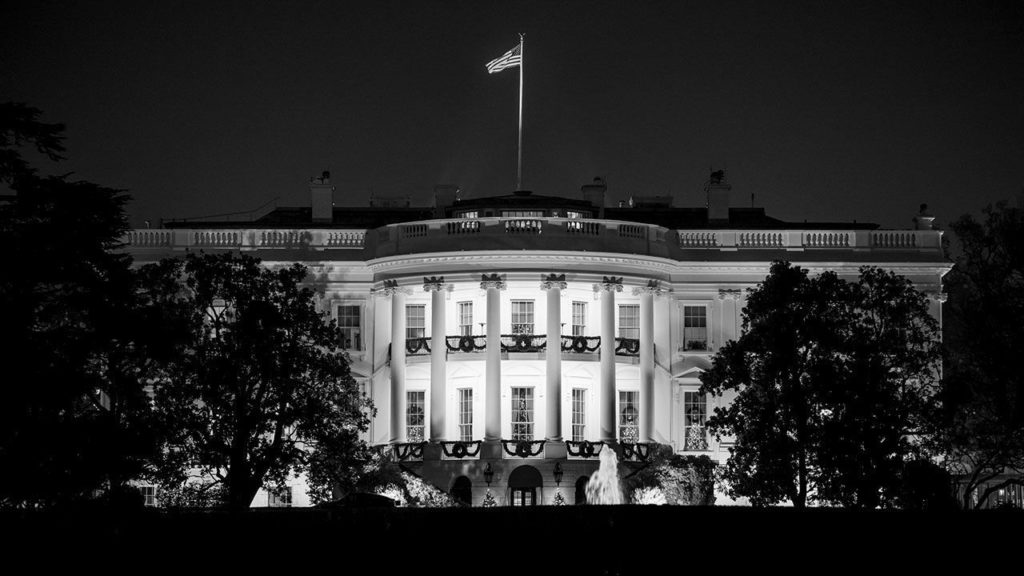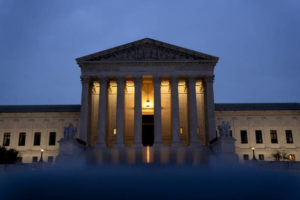
Will Trump refrain from the so-called, “midnight rulemaking?
Washington D.C. – Amid a controversial transition, the Trump administration is pressing to cement new regulations and policies before Biden can take over. These rules will be very challenging to undo or change once implemented. A proposal among the 145 rules that the White House’s Office of Management and Budget (OMB) is currently evaluating is the “midnight rulemaking.” This is a key step in the formal rule-making process for major regulations. How much havoc can Trump wreak on the Biden Transition with “midnight rulemaking?”
Many significant regulations define this step as one severely impacting the economy, the environment, public health, and safety. These regulations could come under White House review in the days to come.
Some of these regulations will take effect before Trump leaves office. The final release of regulations will be complete before January 20, 2021. Since the Carter administration, presidents from both parties have implemented a similar process. Yet, the Trump administration is working from a revenge playbook.
Interestingly, the rules include policies that the Biden administration would probably oppose. Here are some examples:
- new caps on the length of foreign student visas
- restrictions on the Environmental Protection Agency’s use of scientific research
- rules governing treating workers as independent contractors, rather than employees
Are complete regulations already in effect harder to abandon?
The key issue is that complete regulations are significantly harder to get rid of. Also, once a rule is published in the Federal Register, it requires a court decision or exhaustive rule-making legislation to reverse the regulation.
Under the Congressional Review Act, Congress might be able to potentially undo some of the regulations faster. In the past, Obama-era rules were reversed under this act. But that will be very unlikely if Republicans retain the Senate after January 5. Meanwhile, two runoff elections are underway in Georgia.

Significant Opposition to “midnight rulemaking”
In a letter to President Donald Trump’s budget chief, Russ Vought, House Judiciary Chair Jerry Nadler (D-N.Y.), calls “midnight rulemaking a lame-duck policy effort.” According to him, these policies tend to be “rushed, sloppy and implemented without adequate public opinion space.” Additionally, these rules can are misconstrued as minor, delaying Congress’s ability to challenge or review them. In a similar letter, Democrats urge the head of the Trump administration’s accountability office, to “closely monitor federal agencies for potential last-minute roll-backs.”
The U.S. Government Accountability Office (GAO) is now set to determine when regulations by executive branch agencies will qualify as “major” rules granting Congress the power to challenge them.
Implications of the opposition from lawmakers
The oppositions look like warnings ahead of a significant effort by Congress to reverse Trump’s last-minute policies. The Congressional Review Act gives lawmakers 60 days to overturn major rules enacted by federal agencies. Additionally, since 2017 the Republican-controlled House reversed 16 regulations enacted by the Obama administration.
We are yet to see whether the Democrats will have similar success in reversing the eleventh-hour rules. Will this saddle the incoming Biden administration and Congress with months of work to untangle?
Thumbnail Credit: Daniel R Perez (images subject to copyright)
Afia is a lawyer, journalist, an avid traveler, an avid reader, a foodie, and an amateur singer. She enjoys instrumental music with her glass of wine ?






